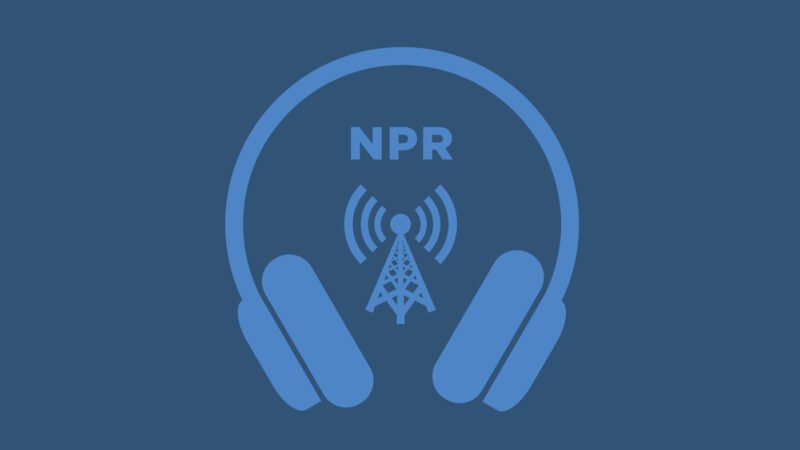Quick Takeaways
-
Naps Boost Problem-Solving: Research shows that a 20-minute nap can trigger "eureka" moments, with participants who entered deep sleep (N2 phase) recognizing problem-solving patterns significantly more often.
-
New Exoplanet Insights: Astronomers captured an image of a newborn exoplanet within its gas-and-dust disk, offering critical evidence for planet formation theories and potential insights into atmospheres of smaller, Earth-like planets.
-
Wildfires and Water Quality: A study reveals that wildfire contaminants linger for nearly a decade post-burn, affecting water quality, particularly nitrogen and sediment, and underscores the need for improved water management strategies.
- Long-Term Monitoring Essential: Ongoing monitoring of watersheds post-wildfire is crucial for public health, as water utilities may need to adapt practices based on lingering contaminants to ensure safe drinking water.
The Power of a Nap, Planet Birth, and Wildfire Water Impact
Recent discussions on NPR’s science podcast highlight three intriguing topics: the benefits of napping, the birth of a planet, and the long-term effects of wildfires on water quality.
First, researchers in Germany provided scientific backing for the common advice to "sleep on it." They discovered that even a brief 20-minute nap can enhance problem-solving skills. Participants in a study, tasked with tracking moving dots, improved their performance significantly after napping. Deep sleep, particularly the N2 phase, played a crucial role. During this stage, the brain consolidates learning, potentially leading to those "eureka" moments.
Next, astronomers captured a remarkable image of a newborn exoplanet. This planet, located outside our solar system, was photographed still surrounded by its gas and dust formation disk. This rare image helps fill gaps in our understanding of planet formation. As scientists delve deeper into its atmosphere, they hope to unravel more about exoplanets, particularly those closer in size to Earth.
Finally, wildfires continue to have lasting effects long after the flames extinguish. A recent study revealed that contaminants from wildfires, such as nitrogen and sediment, can linger in watersheds for nearly a decade. Water quality suffers due to these lingering pollutants, which can be harmful in excess. While public water utilities filter supplies before reaching homes, increased awareness and preparedness can enhance water systems’ resiliency during and after wildfire events.
Each of these findings underscores the interconnectedness of our world. From the benefits of a simple nap to the mysteries of planetary formation, and the implications of environmental changes, advancements in science continue to improve our understanding and quality of life.
Continue Your Tech Journey
Learn how the Internet of Things (IoT) is transforming everyday life.
Stay inspired by the vast knowledge available on Wikipedia.
SciV1

